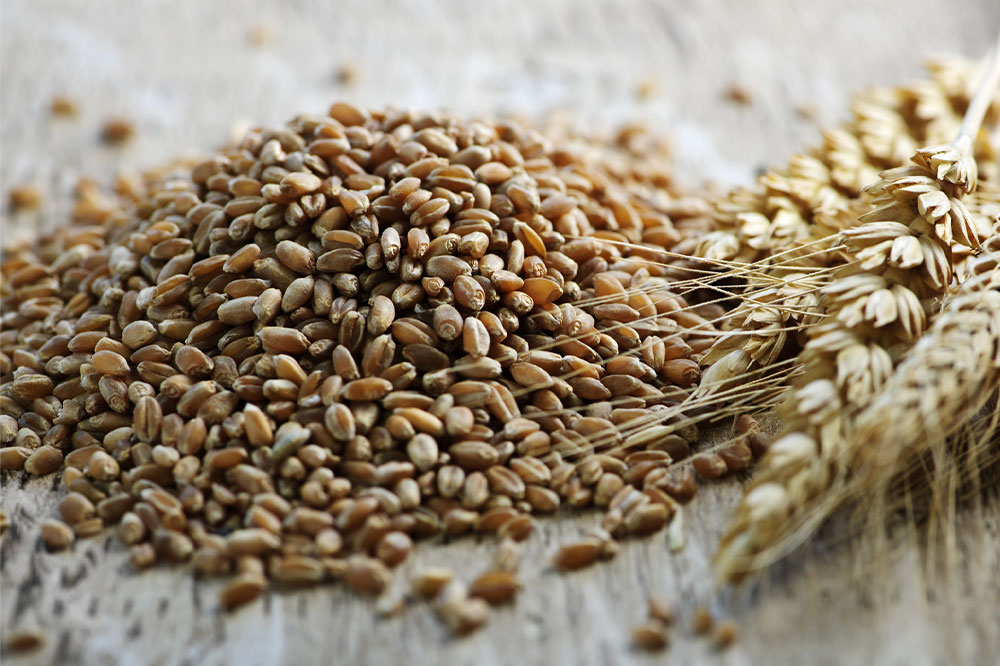
Foods to be avoided when dealing with Crohn’s flare-ups
Crohn’s Disease is a type of Inflammatory Bowel Disease (IBD). It affects the inner lining of the digestive tract by swelling up the tissues, leading to abdominal pain, severe diarrhea, weight loss, and malnutrition. It can often lead to life-threatening complications. Crohn’s can be caused due to hereditary factors or a sudden response by the immune system. There is no cure for this condition, but therapies can control flare-ups and bring about long-term remission.
Risks and Symptoms:
Crohn’s Disease can occur at any age. However, it is commonly diagnosed before the age of 30. People of Eastern Europe are at the highest risk of developing this condition. It is now also being increasingly observed in other parts of the world. Some common symptoms of this condition include diarrhea, fever, fatigue, abdominal pain or cramping, blood in your stools, mouth sores, reduced appetite, and weight loss, inflammation of skin, eyes, and joints, inflammation of the liver or bile ducts, kidney stones, iron deficiency/anemia, delayed growth (in children).
Foods to avoid during flare-ups
Some foods can trigger flare-ups amongst people with Crohn’s Disease or worsen them. These may not be the same for everyone, so it is essential to determine your triggers and leave them out of your nutrition plan. Some common foods that can cause flare-ups for people with this condition are listed below.
Whole grains
Whole grain foods like bread, whole wheat pasta, popcorn, etc., contain high amounts of fiber, which can irritate the gastrointestinal tract and trigger inflammation.
Beans
Beans are a nutritious food option when someone is feeling well, but they can cause gas, bloating, and inflammation during a flare-up due to their high-fiber content.
High fiber fruits & vegetables
Be careful while eating vegetables during flare-ups. Go for cooked vegetables instead of raw. Avoid eating fruits and vegetables with seeds and peels, as they are high in fiber. Avoid eating high-fiber vegetables like broccoli, cabbage, and Brussel sprouts, as they can trigger gas and inflammation. Fruits that can eat include bananas or canned pears.
Nuts and seeds
Nuts and seeds have sharp edges that can irritate the gastrointestinal tract. Instead of opting for them in their natural form, try processed versions like smooth peanut butter or sesame tahini.
Caffeine
Caffeine triggers the release of waste through our system. Caffeine can worsen symptoms and lead to severe fatigue for people suffering from diarrhea during a flare-up.
Sweeteners
Sugary drinks like fruit juice, soda, and lemonade can also trigger diarrhea during a flare-up. Other sweeteners like xylitol, sorbitol, and maltitol can be found in foods like sugarless gum, candy, and drinks, which may further aggravate diarrhea due to the poor absorption of ingredients.
Dairy
During flare-ups, whole-fat dairy products like whole milk, ice cream, and sour cream can be detrimental and lead to significant nutrient loss.
Spicy foods
Foods like chili powder, cayenne pepper, or spicy curries can wreak havoc on an already weakened gastrointestinal tract during a flare, so it is best for people experiencing Crohn’s symptoms to avoid these foods.
Those diagnosed with this condition are unlikely to experience the same triggers, so it is advisable to keep a food journal and keep track of all food and any symptoms that may arise. On the flip side, when someone with Crohn’s isn’t experiencing flare-ups, eating healthy, well-balanced, and nutritious meals is crucial. Malnutrition is also a severe problem with Crohn’s Disease, so it is essential to speak with a healthcare and nutrition expert to chart the best course of action for every case.







